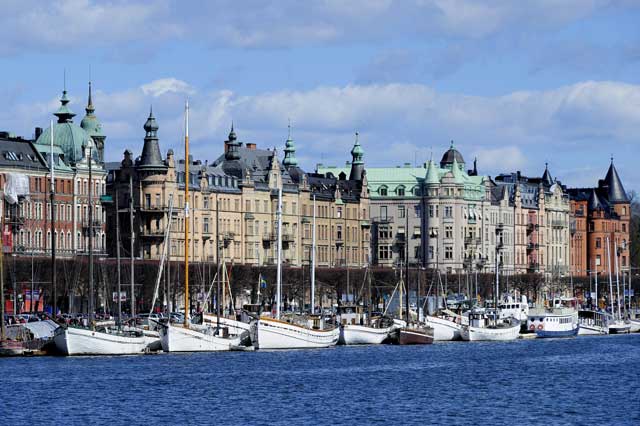New Collected Poems, By Tomas Tranströmer, trans. Robin Fulton

Your support helps us to tell the story
From reproductive rights to climate change to Big Tech, The Independent is on the ground when the story is developing. Whether it's investigating the financials of Elon Musk's pro-Trump PAC or producing our latest documentary, 'The A Word', which shines a light on the American women fighting for reproductive rights, we know how important it is to parse out the facts from the messaging.
At such a critical moment in US history, we need reporters on the ground. Your donation allows us to keep sending journalists to speak to both sides of the story.
The Independent is trusted by Americans across the entire political spectrum. And unlike many other quality news outlets, we choose not to lock Americans out of our reporting and analysis with paywalls. We believe quality journalism should be available to everyone, paid for by those who can afford it.
Your support makes all the difference.Sweden is a beached/unrigged ship" ("Sverige är ett uppdraget,/avtacklat skepp") declared Tranströmer in the Epilogue to his 17 Poems (1951). The image pays tribute to Sweden's geographical shape and size, to its indissoluble relationship to the Baltic, and to its long proud isolationism. Presenting his country initially in deep winter, the poet then moves on to its seasonal transformations, to its interplay of nature and humanity, and to the incursions of history.
Motifs which haunt the later work of the country's now most famous poet appear already: birds, the bright and the dark sides of the self, the omnipresent dead, the conceivably present God. Yet 17 Poems was published when the author was 23. That he had unusual and intense experience to draw on for poems so startlingly original, independent and stylistically mature is made clear in the fascinating sequence of autobiographical prose-pieces written after his disabling stroke, Memories Look at Me (1993), included in this definitive New Collected Poems.
Born in 1931, Tranströmer grew up in the Söder district of Stockholm: parents divorced, mother a teacher, home comparatively indigent. The war created profound tensions in Swedish society. Many of Tomas's teachers were Nazis, while he and his mother passionately hoped for an Allied victory. His interior development underwent a bewildering complication: "During the winter when I was fifteen I was afflicted by a severe form of anxiety. I was trapped by a searchlight which radiated not light but darkness."
This showed him evil everywhere, sickness as life's basic condition. But then spring arrived, and an evening with friends when he realised "that all my terrors were now marginalised".
Yet Tranströmer's greatness as a poet was nascent in that dreadful teenage winter. In mature life he worked as a psychologist. In his poems the depths he ceaselessly explored belonged to himself and also to humanity, as manifested in those he scrutinised out of both scientific objectivity and social responsibility.
Robin Fulton, his translator for 35 years, suggests that, because of their inner consistency, readers should put aside chronology and explore Tranströmer's poems at will, guided by subject or mood. I recommend starting with the long mid-career poem Baltics (1974), its title's plural suggesting our multiple subjective interpretations of sea and landscape.
But we cannot forget the march of time when we reach The Great Enigma (2004), gnomic short poems plus 45 dazzlingly strange and beautiful haiku. Tranströmer, 80 this year, writes "The funerals keep coming/ more and more of them/ like the traffic signs/ as we approach a city."
Yet his verbal music, which Fulton, as ever, renders mediumistically, does not only terrify - or rather the fear it generates gives rise to other more positive emotions: "A bridge builds itself/ slowly/ straight out in space." We have no alternative to using it, with courage, with curiosity.
Join our commenting forum
Join thought-provoking conversations, follow other Independent readers and see their replies
Comments